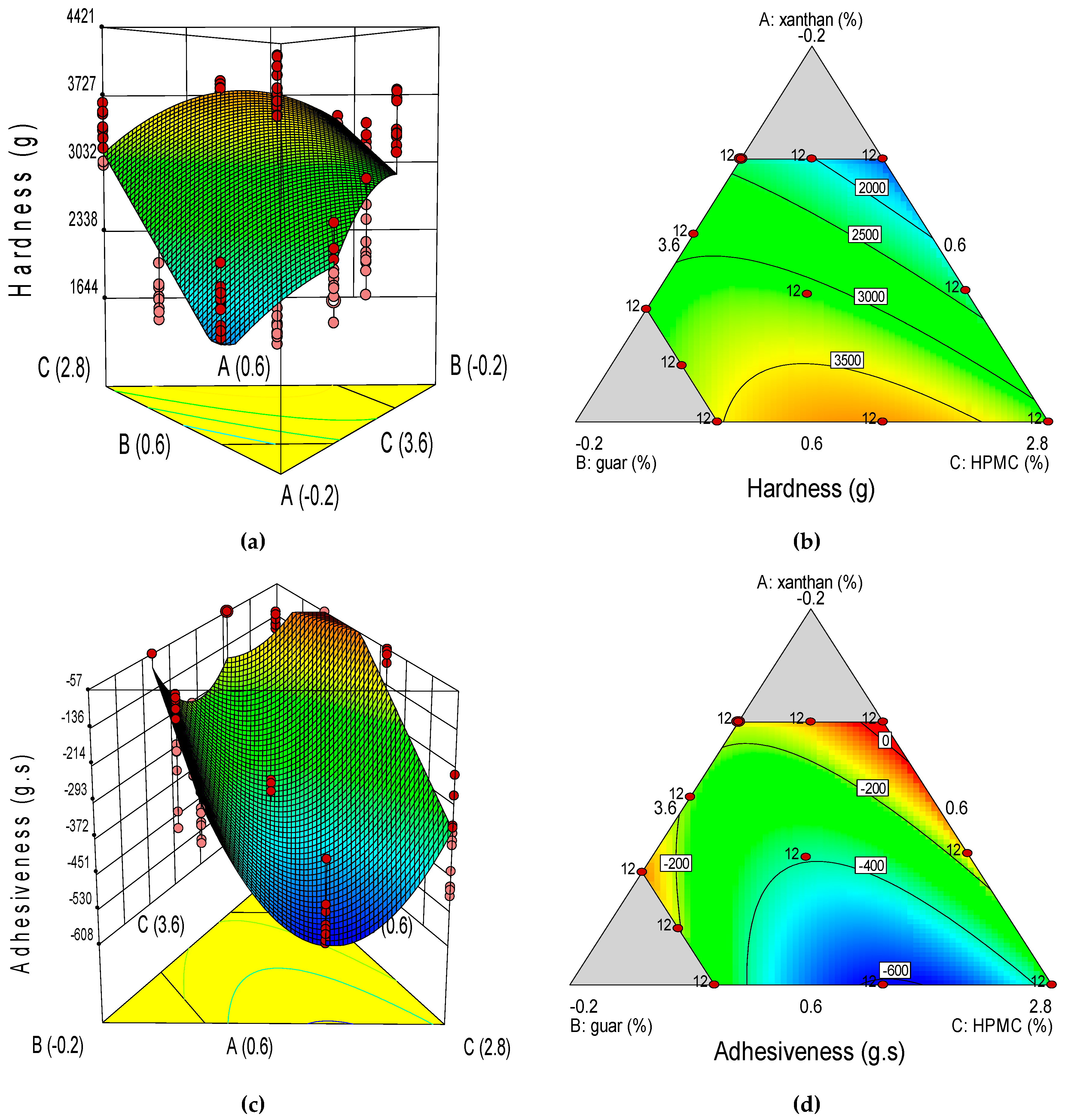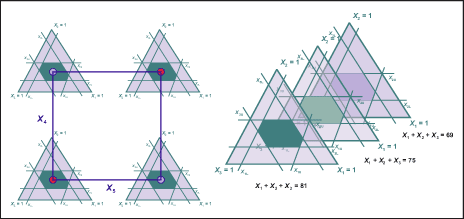DOE – Formulation and Mixture Designs
Formulation and Mixture Designs study the effect of ingredients proportions on a given response or even on multiple responses. This advanced course is about the full theory and overall practice of these amazing experimental designs. Process variables can be kept in consideration as well, adding relevance and significance to the experiment and to the obtained model.
Topics include
- Introduction to Formulation and Mixture Designs
- How to design a formulation experiment
- Common guidelines and errors
- Simplex Centroid design
- Simplex Lattice design
- Triangular coordinates
- Augmenting a mixture design
- Choosing and understanding the degree of the design
- Designs with constraints
- Extreme Vertices Design
- Linear constraints on ingredients
- Creating and understanding the Trace Plot
- How to choose a final model
- A special note on complex interactions
- Multiple optimisation
- Mixture-Process designs
- Mixture-Amount designs
- Using Monte Carlo for global (multi) optimisation
- Using Monte Carlo to estimate process capability
- Going live with the model
What you will be able to do
- Design, run and analyse a Mixture experiment
- Evaluate formulations against process settings
- Evaluate the effect of amounts
- Optimise one or more responses
Duration
1 day.
Pre requisites
- Basic Statistics
- DOE – Factorial Design
Available based on
- TIBCO Statistica
- Minitab
- R
Audience
This course is designed for the chemical industry, from food to pharmaceuticals. Mixture Designs are the best way to design a formulation in order to optimise a given response. Chemical business is historically one of most successful areas to apply statistical learning. Researchers, product developers and quality professionals are the typical profiles who need this course.








